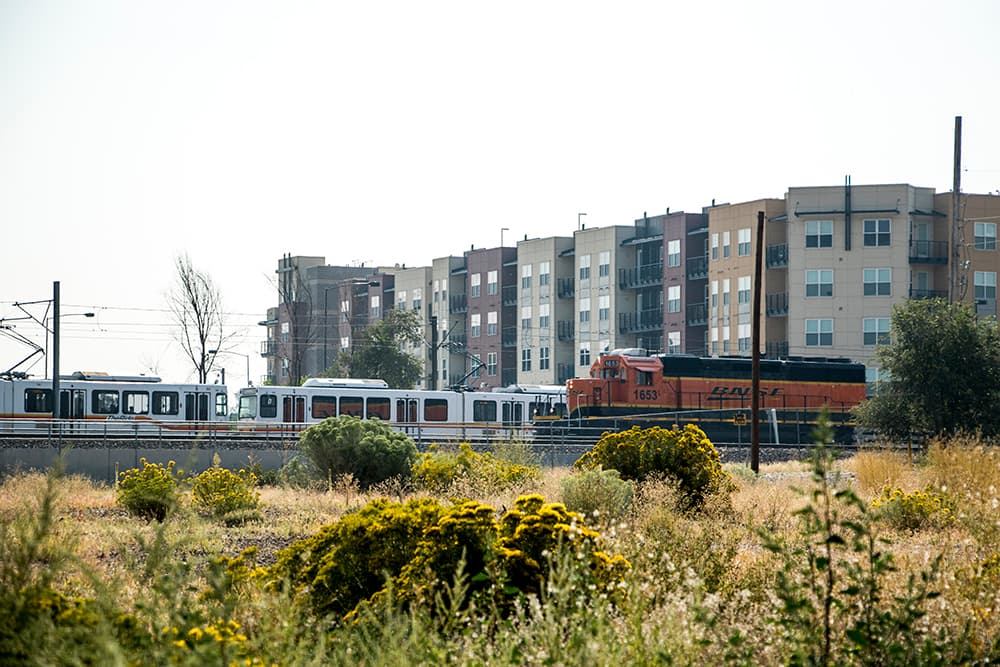
Whether it's Amazon headquarters rumors, seasonal slowdowns or ever-present construction, the Denver real estate market remains grounds for much speculation.
Cut through the "what-ifs" with this curated set of figures to help explain Denver real estate right now.
2,589 residential units
If you've taken the light rail to the I-25 and Broadway Station recently, maybe you've noticed a field nearby. Yes, it's where the former Gates Rubber site stood, and it could become a massive development in 10 years. City council has signed off on a plan that would mean up to 2,589 residential units, including 338 units of affordable housing. Next, the site owner is trying to get it ready for a would-be developer.
$865,000
That's the amount of money that Denver wants to use to help people avoid eviction as part of the new Temporary Rental and Utility Assistance Program. The program will begin in November, reports the Denver Post, and plans to provide up to six months of assistance to low- and moderate-income residents.
15.6 percent
Fewer homes have sold in metro Denver so far this year compared to last year -- specifically, 15.6 percent fewer, according to the Denver Metro Association of Realtors' October trend report. That's separate from the normal seasonal slowdown, which is itself twice as big as normal. Fewer sold homes does not mean lower prices though -- median prices are up 8 percent compared to this time last year.
88 percent rented
Denver's excess of luxury rental units has now caught the eye of the Wall Street Journal. But what exactly does excess mean in practice?
For an individual building like Decatur Point that's only 88 percent rented, it means incentives like a $500 Visa gift card or six months of pet grooming. Denver's Sky House clocked in the lowest occupancy rate in WSJ's story: 64 percent.
139 emails
Before the average Colorado home sale is finalized, 139 emails are exchanged, according to Amitree's complexity index. That made Colorado the second-most complicated state to sell a home, behind California.
But locally, Denver was a less complicated place to sell a home than Aurora, Lakewood or Boulder. Based on emails per transaction, documents per transaction and contacts per transaction, Boulder was the most complicated in Amitree's sample.
I'm feeling better about my inbox already.










